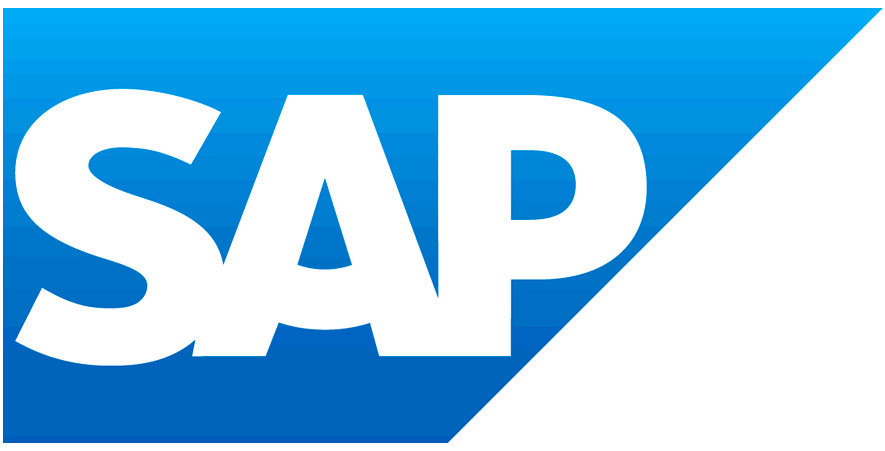The Business Case for Sustainable Technology
Sustainable technology is no longer an expensive drag on a company's finances – economies of scale and smarter working practices now mean it can save a business millions of pounds
The Guardian Sustainable Business
By Leon Kaye
Seemingly small changes, such as adjusting the ratio of printers to employees, can result in major savings and a decreased carbon footprint for forward-thinking companies.
As procurement professionals consider how to balance environmental benefits with financial savings, they are increasingly finding sustainable technologies can bring together both goals.
These sustainable technologies include smart electrical processes; renewable energy systems; and innovative, even disruptive, software programmes that enhance energy efficiency.
Of course, sustainability professionals still confront objections within their companies when introducing these new systems, usually over the cost or doubts about their relevance to a firm's overall strategy. However, such objections are fast becoming outdated.
Constraints on the world's resources mean forward-thinking companies that revamp their infrastructures, for instance in the IT products they buy and the energy they consume, thrive. Smarter and more nimble companies that plan ahead will withstand both financial and environmental storms as conventional energy prices surge.
SAP is one company that has taken sustainability seriously and as a result gained dramatic financial savings.
In 2007 the US-based software giant reached its highest level of carbon emissions. To tackle this, the company set an aggressive path to reduce its annual emissions to 2000 levels by 2020 – an initiative led by chief sustainability officer Peter Graf. The result so far, according to Graf, has been more than $250m (£160m) in cost savings.
*This article originally appeared on The Guardian Sustainable Business

